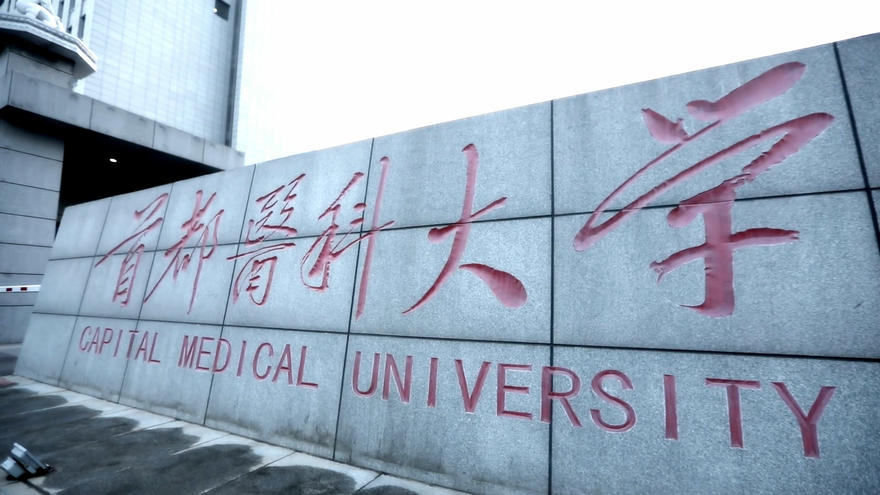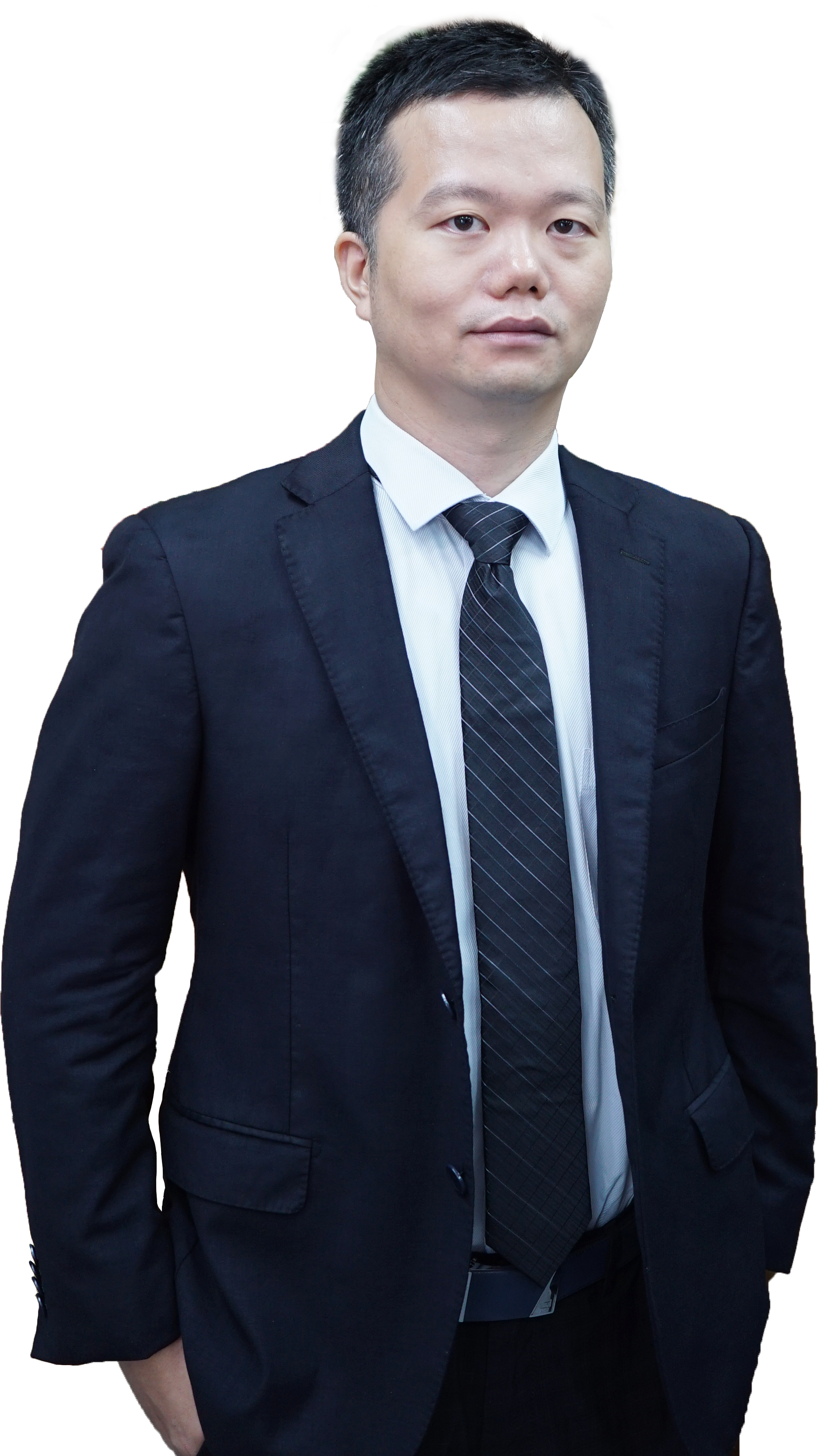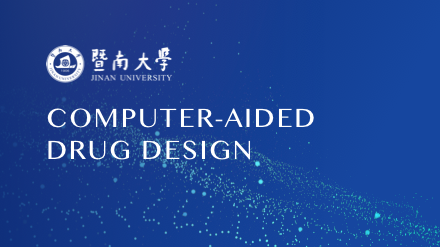
About this course
Computer-Aided Drug Design (CADD) is a new technology developed in the past 30 years and has gradually become an independent branch of pharmacy. Base on Mathematics, Medicinal Chemistry, Biochemistry, Molecular Biology and Structural Chemistry, Quantum chemistry, and molecular mechanics, CADD use computer numerical calculation and logical judgment, database, graphics, artificial intelligence to carry out rational drug design.
CADD plays a crucial role in the early treatment and control in the face of Covid-19 epidemic. Although the three-dimensional structure of coronavirus is completely unknown, researchers could simulate its three-dimensional structure using the homologous modeling function of CADD. Then several effective drugs like Chloroquine were found using virtual screening.
This course is an online MOOC for CADD created by School of Pharmacy, Jinan University. Both theoretical methodology and software practice would be emphasized. It also incorporates the practical experience and real cases of CADD teaching in our college. The course is divided into four chapters. Chapter one: Introduce the background of CADD; Chapter two: Introduce the basic concept of drug design, such as the relationship between drug action and its structure, the knowledge of receptor and ligand, the method of drug discovery, etc; Chapter three: Explain the basic operation of drug design software SYBYL and four modules of CADD, Quantitative structure-activity relationship, molecular docking, pharmacophore model and homologous modeling; Chapter four: Based on the CADD teaching practice experience of more than 10 years in School of Pharmacy, Jinan University, this course will start from four research cases. It will explain the research ideas of the cases, and replay the CADD research method. Furthermore, it will guide students to learn the basic operation and the four modules operation to improve the CADD skills of learners.
Requirements
1.Biochemistry 2.Medicinal Chemistry
Syllabus
- Chapter one: The background of CADD
- Chapter two: The past life of CADD
- Chapter three: The present life of CADD
- Chapter four: Comprehensive case analysis
Lecturer
Pinghua SunXinjiang Industry Technical College Chemical and Environmental Resources Branch Pinghua Sun: Professor, Doctoral supervisor, Director in the Department of Pharmacy, awarded as “famous teacher of Guangdong Province”. Dr. Sun received his Bachelor of pharmaceutical analysis from the Shenyang Pharmaceutical University in 1999, and his Master degree of Medicinal Chemistry from the Shenyang Pharmaceutical University in 2002. He completed his doctorate at Jinan University in 2010. He pursued a post-doctoral training from 2013-2014 in the Moffitt Cancer Center and the University of South Florida in US. He was awarded the second prize of “National Higher Education Teaching Achievement Award” and the first prize of “Higher Education Teaching Achievement Award of Guangdong Province” as the first accomplisher. He has been the supervisor of “Pharmaceutical Teaching Team of Guangdong Province” and “Excellent Resource Sharing Course of Guangdong Province”. He has undertaken more than 10 educational reform projects at the ministerial and provincial and school-level and published 25 papers on the improvement of teaching methods. Specific areas of research focus on the development of novel lead compounds for drug discovery. Dr. Sun has published more than 100 scientific research papers and is co-inventor of 23 Chinese invention patents, 14 of which have been licensed. He has undertaken 3 National Natural Science Foundation of China funds and several provincial and ministerial-level projects. He also won the second prize of “Science and Technology Progress Award of Guangdong Province” as the first accomplisher. | |
Ke DingXinjiang Industry Technical College Chemical and Environmental Resources Branch Ke Ding is Dean and Professor at Jinan University. Dr. Ding received his Bachelor of Pharmacy from the China Pharmaceutical University in 1995, and his Master degree of Medicinal Chemistry from the China Pharmaceutical University in 1998. He obtained his Ph.D. from Fudan University in 2001 and did his postdoctoral trainings in 2001-2005 at University of Michigan, Ann Arbor. He was awarded “Cheung Kong Scholars”, “Young and Middle-aged Leading Talents in Scientific and Technological Innovation”, and “National Science Foundation for Distinguished Young Scholar”. His specific areas of research focus on the development of lead compound with both bioactive and druggable for major clinical needs such as tumors and metabolic diseases. In recent years, he has successfully designed and synthesized a number of new drugs and candidates in the fields of anti-metabolic diseases and anti-tumor. | |
 | Yuqiang WangXinjiang Industry Technical College Chemical and Environmental Resources Branch Yuqiang Wang, Professor, Doctoral Supervisor, Director of New Drug Institute at Jinan University, National expert of the thousand talents program. Dr. Wang received his Bachelor of Chemistry from the Shandong Normal University in 1981. He obtained his Ph.D. from University of Texas Health Science Center at Houston and M.D. Anderson Cancer Center in 1987 and did his postdoctoral trainings at Yale University and University of Alberta. Dr. Wang’s research focuses on chemical structure modification of active ingredients of traditional Chinese medicine and biological activity evaluation and mechanism study. He is currently developing innovative therapeutic agents for various diseases including Stroke, Parkinson, Cardiovascular and Diabetes etc. |
 | Xiaoyun LuXinjiang Industry Technical College Chemical and Environmental Resources Branch Xiaoyun Lu, PhD., Professor at Jinan University. She was awarded as “863 Young Scientist”, and has received the financial from National Science Foundation for Excellent Young Scholars and Outstanding Youth Fund of Guangdong. She has engaged in the discovery of innovative drug lead compounds. Her research is mainly focused on developing novel drug candidate to overcome the clinical drug resistance of lung diseases (lung cancer and tuberculosis). |
 | Jun XuXinjiang Industry Technical College Chemical and Environmental Resources Branch Jun Xu, PhD., Co-Director of Experimental Teaching Center, Senior Research Associate, School of Pharmacy, Jinan University. He has been engaged in drug design, pharmacoinformatics and pharmacokinetics for a long time. He has been teaching the Computer-Aided Drug Design (CADD) and Medicinal Chemistry Experiment with rich experience. |




